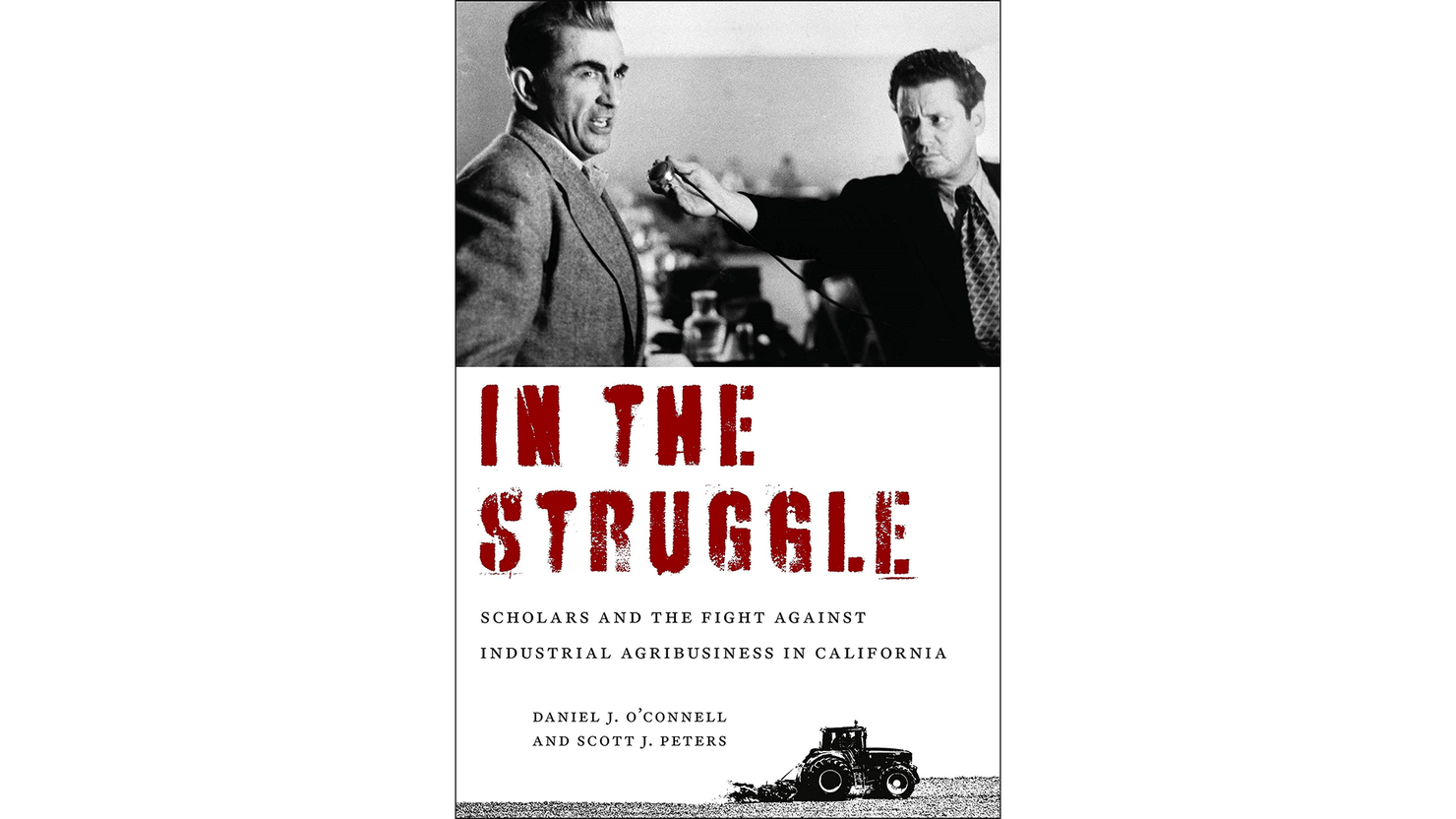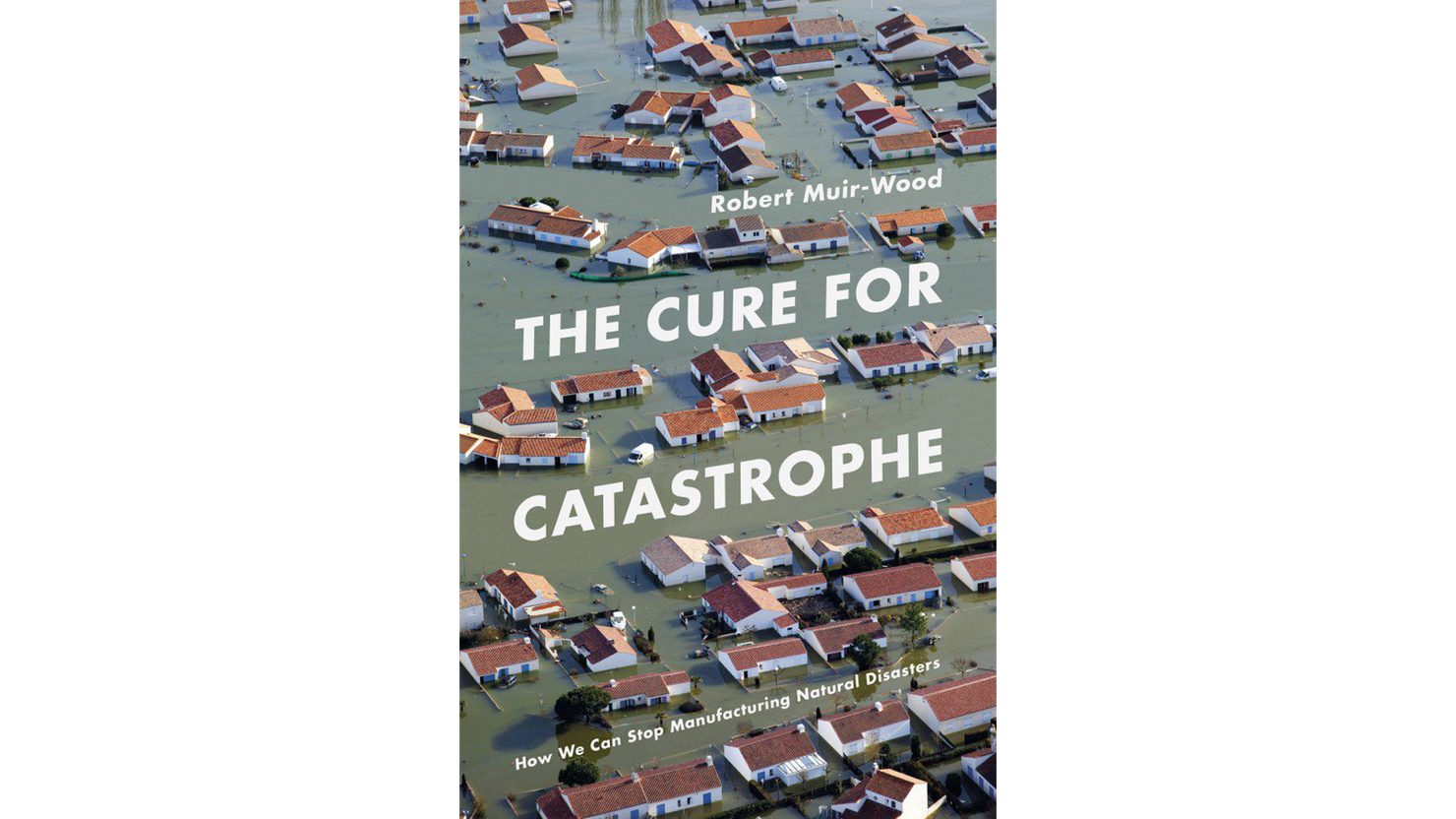A recurring segment on Resources Radio is “Top of the Stack,” when podcast hosts Daniel Raimi and Kristin Hayes ask each guest what is on the top of their literal or metaphorical reading stack. Here’s a selection that gives an idea of what folks at Resources for the Future are reading and enjoying.


In The Struggle by Daniel J. O’Connell and Scott J. Peters
“I’ve been poring through this book about California agriculture. The 1902 Reclamation Act provided federal funding for water development in California, with the promise of land for small family farmers—but that promise was never fully realized. Wave after wave of immigrants from China, Japan, the Philippines, and Mexico—and then Depression-era migrants from Middle America—came into the state and were played against each other.
This book looks at the role of scholarship in critiquing and engaging California industrial agribusiness and the effect of the conglomeration of landholdings on communities and workers. Two of the eight scholars covered in the book, Isao Fujimoto and Don Villarejo, influenced me as mentors when I was an undergraduate at the University of California, Davis. It’s a great story that illustrates how research can stay engaged with the values that brought us into this field of work in the first place.”


The Splendid and the Vile by Erik Larson
“This book is about Winston Churchill and the Blitz in Britain. It’s an extraordinary story of leadership at a time of crisis. It gives you hope for democratic processes and leadership.”


The Cure for Catastrophe by Robert Muir-Wood
“The book is full of lovely, illuminating stories. I’ll share one anecdote: A girl was in Thailand on vacation with her parents when a large tsunami came. They were out walking on a beach, and she looked at the ocean—she had just taken a disaster education curriculum—and said to her parents, ‘I think a tsunami’s coming; the ocean’s not supposed to look like that.’
But her parents were dismissive. They kept walking, and she got more and more insistent and agitated. To calm her down, her dad took her into the hotel. A Japanese gentleman looked out at the ocean and said, ‘That is absolutely a tsunami coming. You have to clear the beach immediately.’ It was one of the only places in the country where no one died. I think that is such a profound story for how important it is to raise awareness about these issues, even starting at the young age of children—and maybe also a story about trusting our kids and their knowledge.”


The Biggest Little Farm, directed by John Chester
“The film reminds me of something a friend of mine, who helps farmers in New York State, jokes about by saying: How do you make a small fortune in farming? The answer is: You start with a large fortune.
The Biggest Little Farm is a documentary about sustainable agriculture. It portrays the saga of a family that starts an organic farm by converting an old farm north of Los Angeles into a farm that has livestock, fruits, and vegetables. You see a lot about the vulnerabilities of farms and the resilience of sustainable farms to weather. And there’s a lot of interesting lessons about integrated pest management, the virtues of crop diversity, and the role of ground cover. It’s an inspiring story.”







